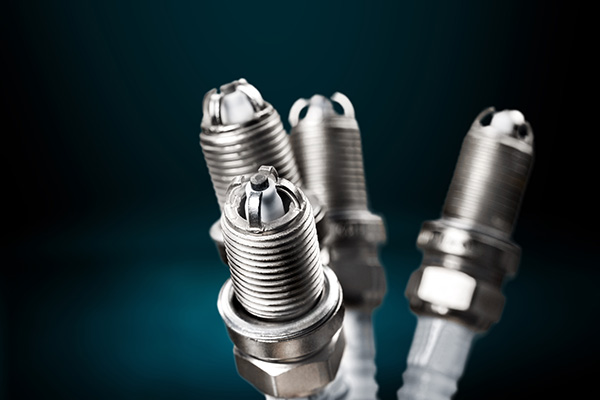
Spark plugs play a crucial role in how your engine operates. Without them, your car wouldn’t start, accelerate, or run smoothly. When it's time to replace them, many drivers often wonder: are spark plugs universal, or can I pick up any set from the parts store?
Using the wrong type of spark plug will negatively impact your engine’s performance, reduce fuel efficiency, and even cause damage over time. If you plan to replace your spark plugs or just want to better understand your engine, here’s what you need to know.
Spark Plug Fitment
Every engine is designed with a specific spark plug size, heat range, and electrode configuration in mind. Engineers carefully choose these specifications to ensure the plug ignites the fuel-air mixture at just the right moment. A plug that’s too long, too short, too hot, or too cold can interfere with that timing or even make physical contact with internal engine parts.
The result could be anything from poor fuel economy and misfires to engine knock or piston damage. That’s why it’s always best to follow the manufacturer’s recommendations, not just grab whatever’s cheapest or most convenient.
Different Types of Spark Plugs
There are several common types of spark plugs, and they vary by material and performance:
Copper spark plugs are affordable and offer excellent conductivity, but they have a shorter lifespan and are typically found in older vehicles or performance engines.
Platinum and double platinum plugs last longer and are more commonly used in modern engines. They provide better wear resistance and are suitable for vehicles with distributor-less ignition systems.
Iridium spark plugs are the most durable and typically found in newer vehicles. They offer excellent longevity and require less voltage, making them ideal for high-efficiency ignition systems.
Using the correct type for your engine ensures consistent combustion and minimizes long-term wear.
What Happens if You Use the Wrong Spark Plugs
Installing the wrong spark plug might not cause immediate problems, but over time, it can affect performance. Misfires are one of the most common results. You might feel hesitation during acceleration, rough idling, or a drop in power. The check engine light may also come on due to ignition-related trouble codes.
Beyond drivability, using the wrong plug can lead to increased emissions, spark plug fouling, or overheating. In severe cases, it could even damage the cylinder head threads or cause internal engine damage—especially if the plug extends too far into the combustion chamber.
How to Choose the Right Spark Plugs
The best way to know which spark plug your vehicle needs is to consult your owner’s manual or a trusted technician. Most manufacturers provide a very specific part number and design that matches the engine’s requirements. This includes thread size, reach, heat range, and even the shape of the electrode.
Aftermarket performance plugs may offer small gains in specific situations, but for everyday driving, sticking with OEM-spec plugs is usually the smartest and safest option.
When to Replace Spark Plugs
Spark plugs don’t need to be replaced often, but they do wear out. Most vehicles require new plugs between 30,000 and 100,000 miles, depending on the type used and the vehicle’s specifications. Symptoms like poor fuel economy, trouble starting, or engine hesitation may indicate it’s time to replace them sooner.
It's also worth checking them if you're buying a used car, as worn plugs can affect the vehicle's performance and may have been overlooked during previous services.
B & L Automotive – Precision Tune-Ups in Newport News, VA
At B & L Automotive, we make sure every part we install, including spark plugs, meets or exceeds factory standards. If your car is running rough or due for a tune-up, our technicians will install the right plugs for your engine and inspect your ignition system to keep it firing perfectly.
Stop by our Newport News location and let us help you get the most from every mile.